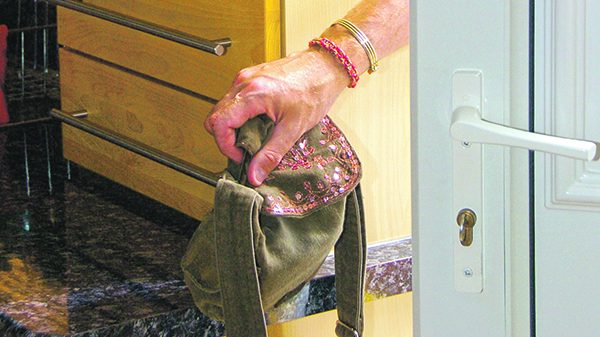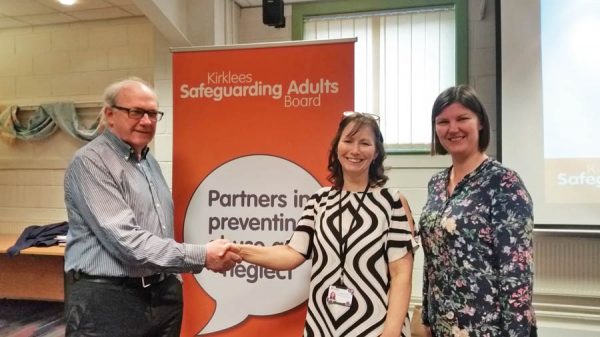Huge gaps in language support across the criminal justice system are leading to victims of crime, who speak English as a second or additional language (ESL), being wrongfully arrested when trying to get help from the police, according to the charity Victim Support.
A new report, Language barriers in the criminal justice system, carried out by Victim Support, the Institute for Crime & Justice Policy Research (ICPR), the Centre for Justice Innovation and funded by The Bell Foundation, found victims who speak ESL often struggled to communicate important information to law enforcement and were not given the language support they needed during crucial encounters with the criminal justice system.
In one example, an alleged perpetrator who spoke English as a first language was able to interrupt conversations between the victim and police, causing confusion, and resulting in the victim being mistakenly arrested for the crime she was trying to report. Victim Support say this is a particularly concerning experience, amongst the ESL victims it supports.
The right to free language support when reporting a crime or being interviewed by the police is stipulated in the Victim’s Code of Practice – which sets out how victims should be treated during interactions with the criminal justice system. However, the research found this right is not always being upheld.
The organisations are calling for the Government to strengthen victims’ rights to language support in the upcoming Victims’ Bill, expected later this year.
The report, examines how language barriers impact victims, witnesses, defendants and detainees, as well as people in prison or on probation. It found that language services were patchy and not always offered, with staff lacking the training and resources to properly support ESL speakers. Amongst victims, this led to inaccurate statements being taken, deteriorating trust in the police and, in extreme cases, mistaken arrests.
While police officers were broadly aware of victims’ rights to language support, time pressures and limited resources meant they were not always met, with some officers also worrying that offering support would offend the victim.
Decisions about whether to offer language services were often ad hoc, left largely to the judgement of individual officers, rather than being informed by clear procedures established and enforced by leadership.
Failings in language services was a particular concern for violent crimes affecting women, who may be experiencing domestic abuse, potentially even having their immigration status tied to a violent partner.
Analysis by Victim Support of 750 cases where the charity supported victims who spoke ESL found that:
● The majority involved women who had been victims of violent crime
● Female victims made up 71%, compared to 29% who were male
●
Violence (with or without injury) was the most frequently experienced crime by victims who speak ESL, accounting for 60%
The report also found interpreters used by the police and prosecution were not necessarily specialised in the language of the criminal justice system, which is complex, laden with jargon and, at times impenetrable, even for members of the public who speak English as a first language.
The interpreters provided sometimes lacked the specialist language needed to facilitate full and nuanced communication between police and victims, which was a particular concern in domestic abuse, sexual violence and rape cases.
There was also a gap in cultural understanding, where some words, particularly those referring to domestic abuse and sexual violence, do not exist or are considered taboo in certain cultures and languages.
The organisations say it is crucial for police officers and those working on the frontline with victims, witnesses and offenders to be provided with interpreters who are trained in the workings and vocabulary of the criminal justice system.
As well as the problems faced by victims, the report found that ESL speakers across the spectrum, from witnesses to defendants and detainees were being denied access to services and support, including rehabilitative initiatives.







